 The second wave of UK Research and Innovation’s (UKRI) Fund for International Collaboration (FIC) has been announced on Friday 9 August 2019. The Fund for International Collaboration aims to enhance the UK’s excellence in research and innovation through global engagement, forging new bilateral and multilateral research and innovation programmes with global partners.
The second wave of UK Research and Innovation’s (UKRI) Fund for International Collaboration (FIC) has been announced on Friday 9 August 2019. The Fund for International Collaboration aims to enhance the UK’s excellence in research and innovation through global engagement, forging new bilateral and multilateral research and innovation programmes with global partners.
The thirteen partnerships, supported with £60 million from UKRI and at least £45 million in matched partner funding with additional in-kind support, will see UK researchers working with collaborators in ten countries, including the USA, Canada, Japan and India.
Announcement and summaries of programmes are available on UKRI web portal; research topics include:
- The Changing North Atlantic Ocean and its Impact on Climate (partner country – USA; lead/partner UKRI council – NERC)
- Understanding and adapting to a changing environment (Canada; NERC)
- Next generation transdisciplinary international research collaborations in Ecology and Evolution of Infectious Diseases (USA, Israel, China; BBSRC)
- Diabetes Partnership Initiative (Canada; MRC)
- Healthy Ageing Flagship Challenge (China; ESRC, Innovate UK)
- Built Environment and Prevention Research Scheme (Australia; MRC)
- Joint Call on Artificial Intelligence and Society (Japan; ESRC, AHRC)
- Collaboration on Artificial Intelligence: Building competitive, resilient economies and societies (Canada; ESRC, AHRC, EPSRC, MRC)
- Globalink Doctoral Exchange Scheme (Canada; NERC on behalf of seven UKRI councils)
- Digital transformation in humanities research (Ireland; AHRC) and a few other topics
Specific calls are announced and more details provided by dedicated Research Councils. Announcement also contains summaries of the FIC Wave 1 projects funded through the UKRI-JSPS call.
Announcement also contains summaries of the FIC Wave 1 projects funded through the UKRI-JSPS call.
For further support and assistance please refer to your RDS research facilitator.
 The Arts and Humanities Research Council (AHRC) is
The Arts and Humanities Research Council (AHRC) is 




 At Bournemouth University we collaborate with global institutions and organisations through our education, research and practice.
At Bournemouth University we collaborate with global institutions and organisations through our education, research and practice.
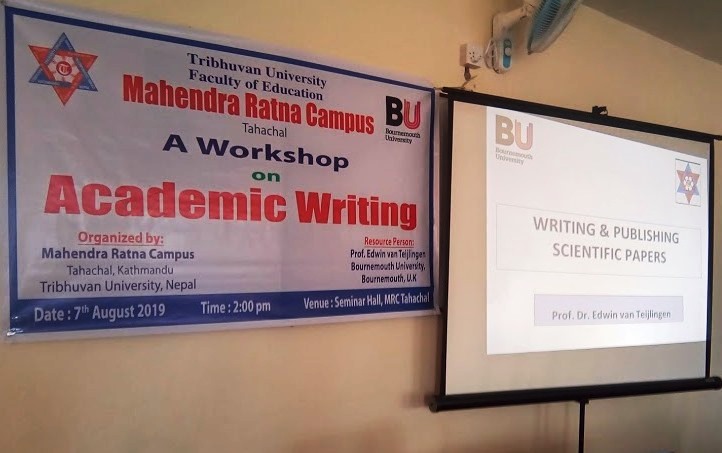

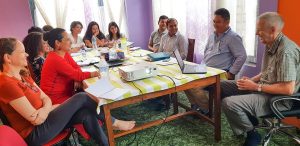
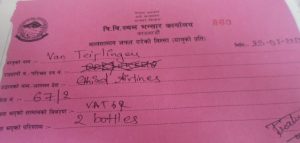
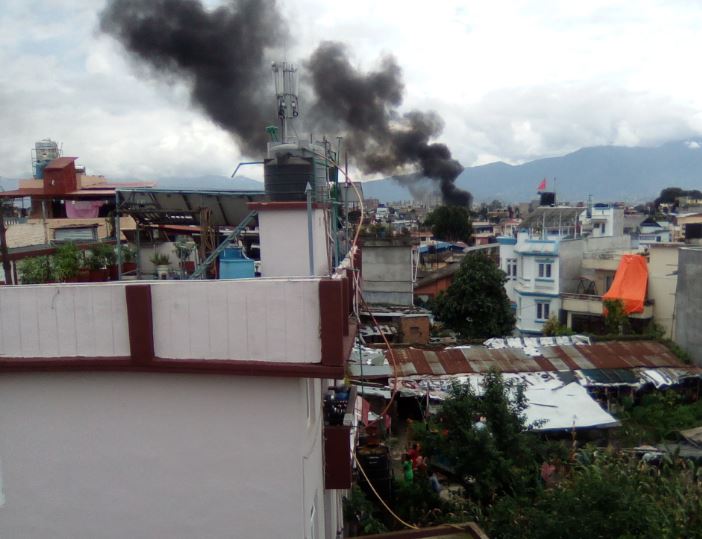
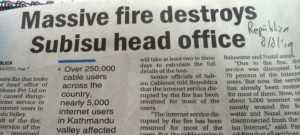



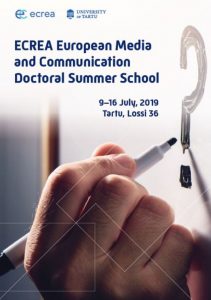 Daniel Hills (FMC PGR) has recently returned from the European Communication Research and Education Association (ECREA) European Media and Communication Doctoral Summer School. This year it was held at Tartu University, Estonia between 9th to 16th July.
Daniel Hills (FMC PGR) has recently returned from the European Communication Research and Education Association (ECREA) European Media and Communication Doctoral Summer School. This year it was held at Tartu University, Estonia between 9th to 16th July. 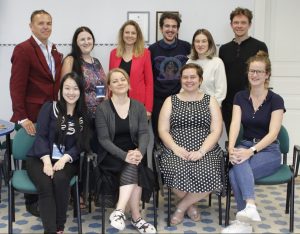 I gained a great deal of insights, useful techniques and a re-ignition of enthusiasm towards my research throughout the 8 days, and would encourage anybody whom is more than a year into their research to apply for the 2020 version. I graduated with 10 ECTS points on the final day, but more importantly new-found knowledge and a new direction to progress with my PhD, and a whole lot of new friends and peers. I am planning on writing a paper with one of my new friends whom is interested in a similar field to my own. All in all, the ECREA European Media and Communication Doctoral Summer School has been one of the most useful academic experiences of my career to date.
I gained a great deal of insights, useful techniques and a re-ignition of enthusiasm towards my research throughout the 8 days, and would encourage anybody whom is more than a year into their research to apply for the 2020 version. I graduated with 10 ECTS points on the final day, but more importantly new-found knowledge and a new direction to progress with my PhD, and a whole lot of new friends and peers. I am planning on writing a paper with one of my new friends whom is interested in a similar field to my own. All in all, the ECREA European Media and Communication Doctoral Summer School has been one of the most useful academic experiences of my career to date. Daniel Hills is a PhD researcher in the Faculty of Media and Communication at Bournemouth University, and is focusing his research in advertising planning and practice theory, aiming to complete in 2020.
Daniel Hills is a PhD researcher in the Faculty of Media and Communication at Bournemouth University, and is focusing his research in advertising planning and practice theory, aiming to complete in 2020.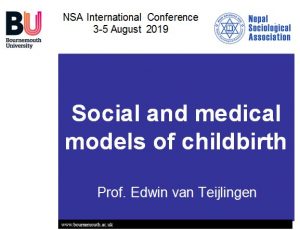
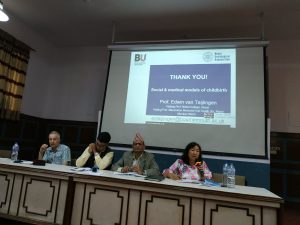
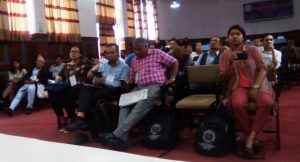
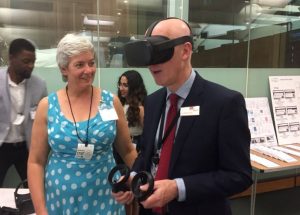
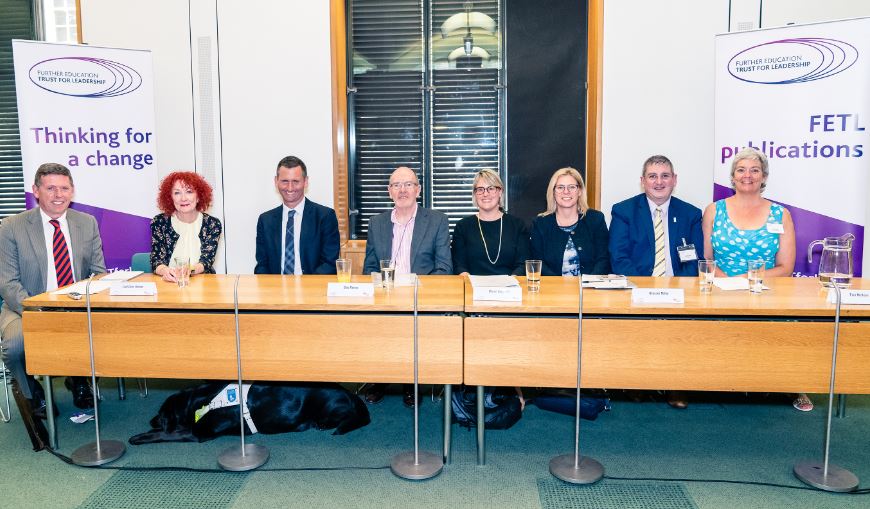
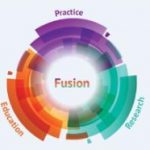
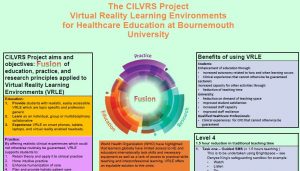











 Expand Your Impact: Collaboration and Networking Workshops for Researchers
Expand Your Impact: Collaboration and Networking Workshops for Researchers Visiting Prof. Sujan Marahatta presenting at BU
Visiting Prof. Sujan Marahatta presenting at BU 3C Event: Research Culture, Community & Can you Guess Who? Thursday 26 March 1-2pm
3C Event: Research Culture, Community & Can you Guess Who? Thursday 26 March 1-2pm UKCGE Recognised Research Supervision Programme: Deadline Approaching
UKCGE Recognised Research Supervision Programme: Deadline Approaching ECR Funding Open Call: Research Culture & Community Grant – Apply now
ECR Funding Open Call: Research Culture & Community Grant – Apply now ECR Funding Open Call: Research Culture & Community Grant – Application Deadline Friday 12 December
ECR Funding Open Call: Research Culture & Community Grant – Application Deadline Friday 12 December MSCA Postdoctoral Fellowships 2025 Call
MSCA Postdoctoral Fellowships 2025 Call ERC Advanced Grant 2025 Webinar
ERC Advanced Grant 2025 Webinar Update on UKRO services
Update on UKRO services European research project exploring use of ‘virtual twins’ to better manage metabolic associated fatty liver disease
European research project exploring use of ‘virtual twins’ to better manage metabolic associated fatty liver disease